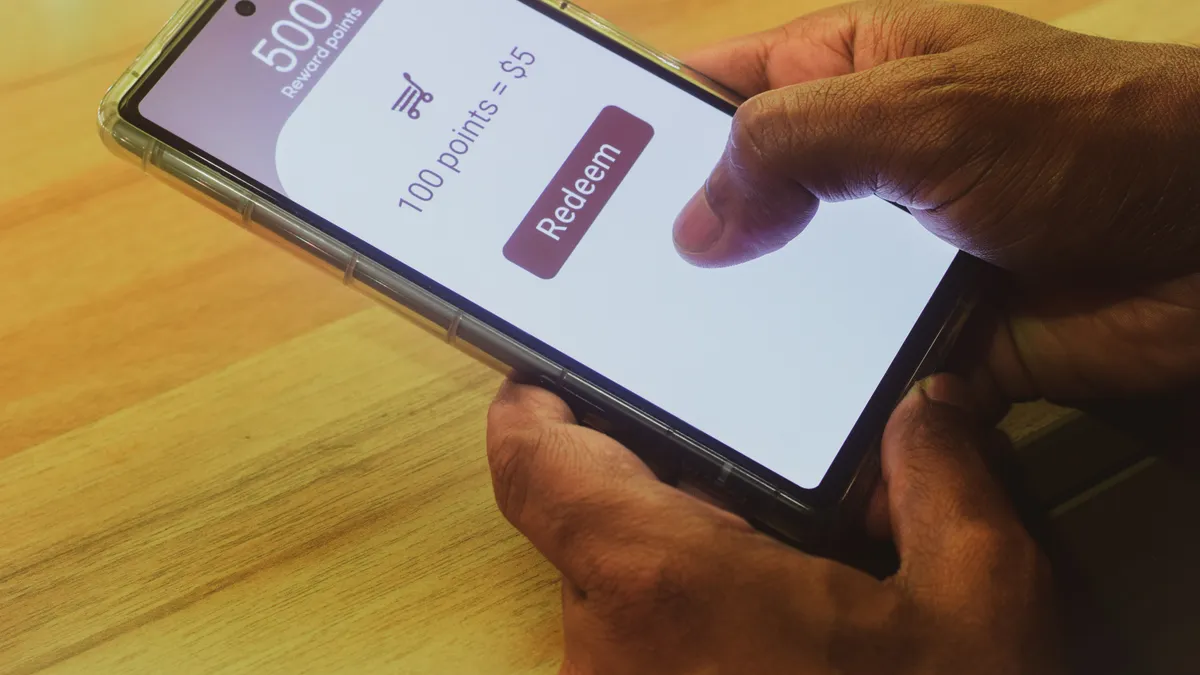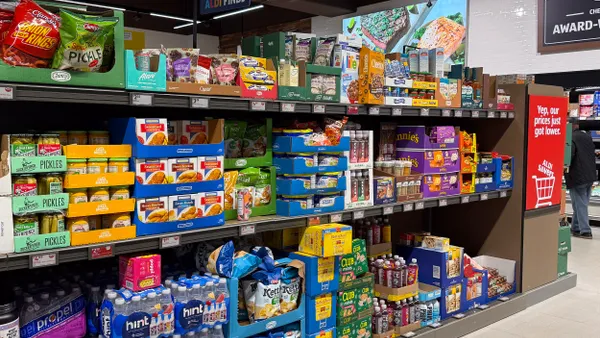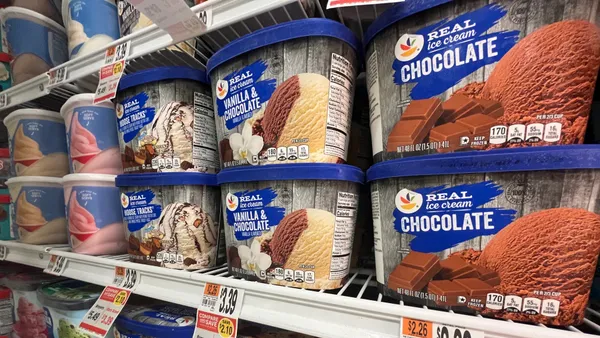Dive Brief:
- Good loyalty programs can lead to word-of-mouth recommendations and increased spending, according to a study of more than 20,000 consumers and 360 loyalty programs by Bond and Visa released last month. Four in 5 consumers say they are more likely to recommend brands with good loyalty programs, and nearly three-quarters will modify their spending to maximize benefits.
- But personalization is still lacking. Only 1 in 5 U.S. loyalty program members strongly agree that loyalty program representatives make them feel special and recognized, and less than a third strongly agree that they are receiving relevant communications.
- Leaders can tap into data to maximize the impact of their loyalty programs, making members feel recognized while driving more business, according to Brad Jashinsky, director analyst at Gartner.
Dive Insight:
The most successful loyalty programs set concrete goals for the company and customers, then dig into customer profiles to achieve their ambitions, according to Jashinsky. However, many leaders are failing to fully support their loyalty efforts.
“Digital marketing leaders often develop loyalty programs before executing foundational customer experience practices that generate the customer insight for effective loyalty program design and execution,” Jashinsky told sister site CX Dive in an email.
Voice of customer data is essential for ensuring that a loyalty program’s benefits target customers in the way they wish to be rewarded, according to Jashinsky. Making assumptions about the type of rewards customers want or copying competitor programs won’t be enough for long-term success.
Teams can use this data by dividing loyalty members into segments, which look at how customers provide value to the company, and personas, which look at how customers view the brand.
“Using the two strategies together can be extremely helpful for identifying the customers who have the highest potential value for your organization and understanding customer needs throughout their loyalty program experience,” Jashinsky said.
Loyalty program leaders can then begin to create journey maps for these customers to ensure loyalty programs deliver the right message at the right time. By partnering with sales, IT and other departments, customer experience leaders can get a full view of how target personas are thinking about and interacting with the brand.
The biggest mistake a loyalty program can make is assuming current insights are good forever, Jashinsky said. Monitoring voice of customer and continuous journey mapping will ensure customer expectations don’t outgrow what a loyalty membership offers.
“Great loyalty programs are never static and [are] always evolving based on voice-of-customer feedback and shifts of the business,” he said.














